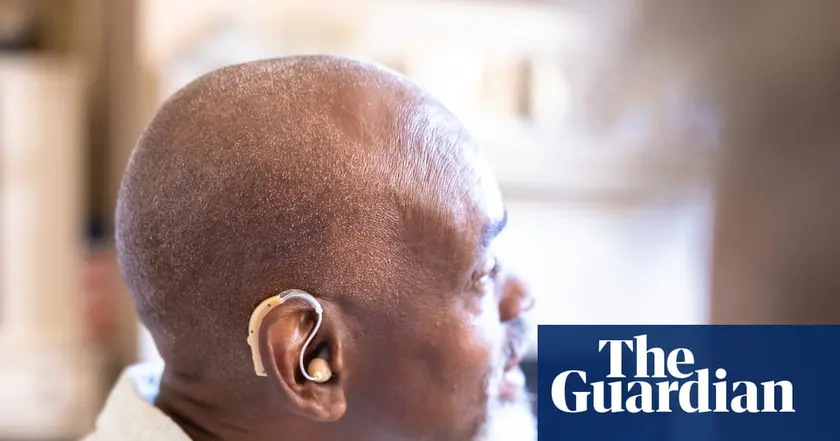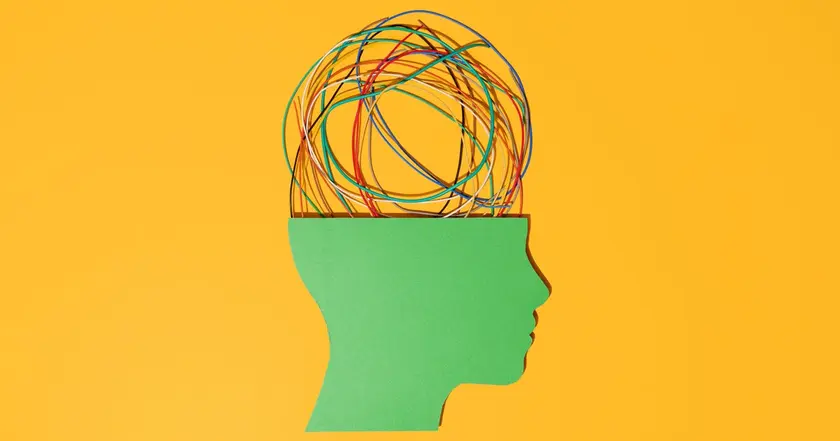T4K3.news
Hearing aids tied to lower dementia risk
Long term US study finds hearing aid users have a 61% lower dementia risk, underscoring early treatment of hearing loss.

A US study followed nearly 3,000 participants over two decades to examine whether hearing aids can reduce dementia risk.
Discreet medical device linked to lower risk of dementia
A US study tracked 2,953 people over 20 years and found that those with hearing loss who wore hearing aids had a 61 percent lower risk of dementia than those who did not use the devices. The researchers note that only about 17 percent of people with moderate to severe hearing loss wear hearing aids, highlighting a gap in treatment.
Key Takeaways
"These results provide compelling evidence that treating hearing loss is a powerful tool to protect cognitive function in later life, and possibly, over the long term, delay a dementia diagnosis."
Johns Hopkins professor Frank Lin on potential cognitive benefits
"If people don't remain engaged with cognitively stimulating activities, it is not good for the brain."
Lin on the role of social engagement in dementia risk
"Hearing loss is extremely common, yet many do not wear hearing aids."
General finding cited in the report
"Early intervention for hearing loss can reduce risk of dementia."
Research takeaway from the study
The report adds to a growing narrative that hearing health is closely tied to brain health. While the findings are promising, they do not prove that hearing aids prevent dementia; they show an association that could reflect multiple factors, including improved social engagement and less cognitive strain. The data also echo a 2023 Johns Hopkins study that saw a 48 percent slower cognitive decline among users, underscoring a potential pattern rather than a guaranteed shield. The big challenge remains access and stigma, not just devices. Policymakers and clinicians must turn this into real, affordable care for older adults, or the benefits may stay out of reach.
Highlights
- Sound health is brain health
- Small devices, big cognitive upside
- Hearing care is dementia care
- Early action on hearing saves memory
The link between hearing health and brain health invites a broader look at how society supports aging minds.
Enjoyed this? Let your friends know!
Related News

Flossing after meals tied to heart brain health

New research links hearing loss to dementia risk

Daily Habits May Raise Dementia Risk

Cardio Fitness Linked to Dementia Risk Drop

New study maps young-onset dementia risks

Belly fat explained with clear steps to reduce it

MIND Diet Linked to Brain Health

Rate Buydowns Create Hidden Costs for Homebuyers
